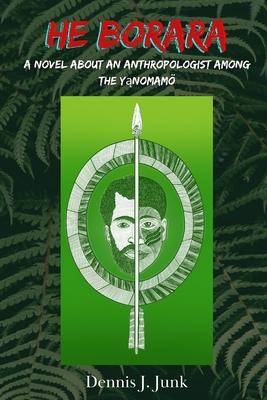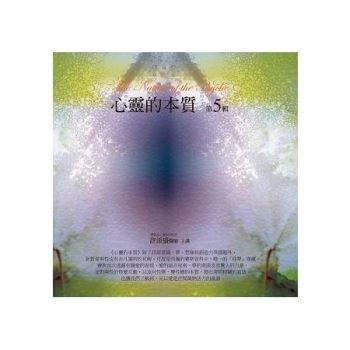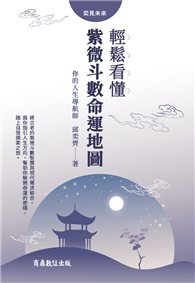His findings detonated like a nuclear bomb over the field of anthropology. Now, the rest of the world is poised to learn what he witnessed in the jungle.
Lachlan Shackley journeys up the fabled Orinoco River in search of a mysterious people known as the Yąnomamö. It’s 1964, and Shackley, at 27, has chosen the most remote tribe he could find for his first research expedition as an anthropologist. His purpose: to glimpse the true nature of humanity as it exists beyond the grip of our technologically advanced civilization. Shackley comes trailing fantastical childhood dreams of jungle adventure and spiritual deliverance he’d as soon outpace. Alongside these youthful yearnings, he brings a towering ambition to revolutionize the field of anthropology. Yet none of these grandiose aspirations will survive first encounter, as nothing in his studies or his humble Michigan upbringing has prepared him for what’s in store when he ducks through the passage into the Yąnomamö’s communal dwelling. Over the ensuing 17 months, Shackley’s bond to his family is strained to near breaking, while he’s forced to make peace with two competing groups of missionaries, both out to eradicate the very way of life he’s come to study, and if possible, preserve. The ordeals he endures compel him to question everything he’s learned about life away from the glittering mass orderliness of the Western world, including the proper moral stance of a supposedly scientific observer. To survive the jungle, Shackley, whose experiences were inspired by the legendary and controversial anthropologist Napoleon Chagnon, must forge a persona that commands respect from the Yąnomamö while leaving enough of his soul intact to bring back to his family. What he doesn’t know is that what he witnesses-and who he becomes-will land him at the center of a controversy extending far beyond the walls of the ivory tower, adding deadly vitriol to an old divide over how people the world over should conceive of life before civilization.| FindBook |
有 1 項符合
He Borara: A Novel about an Anthropologist among the Yąnomamö的圖書 |
 |
He Borara: A Novel about an Anthropologist among the Yąnomamö 作者:Junk 出版社:R. R. Bowker 出版日期:2021-12-01 語言:英文 規格:平裝 / 682頁 / 22.86 x 15.24 x 3.48 cm / 普通級/ 初版 |
| 圖書館借閱 |
| 國家圖書館 | 全國圖書書目資訊網 | 國立公共資訊圖書館 | 電子書服務平台 | MetaCat 跨館整合查詢 |
| 臺北市立圖書館 | 新北市立圖書館 | 基隆市公共圖書館 | 桃園市立圖書館 | 新竹縣公共圖書館 |
| 苗栗縣立圖書館 | 臺中市立圖書館 | 彰化縣公共圖書館 | 南投縣文化局 | 雲林縣公共圖書館 |
| 嘉義縣圖書館 | 臺南市立圖書館 | 高雄市立圖書館 | 屏東縣公共圖書館 | 宜蘭縣公共圖書館 |
| 花蓮縣文化局 | 臺東縣文化處 |
|
|
圖書介紹 - 資料來源:博客來 評分:
圖書名稱:He Borara: A Novel about an Anthropologist among the Yąnomamö
|











